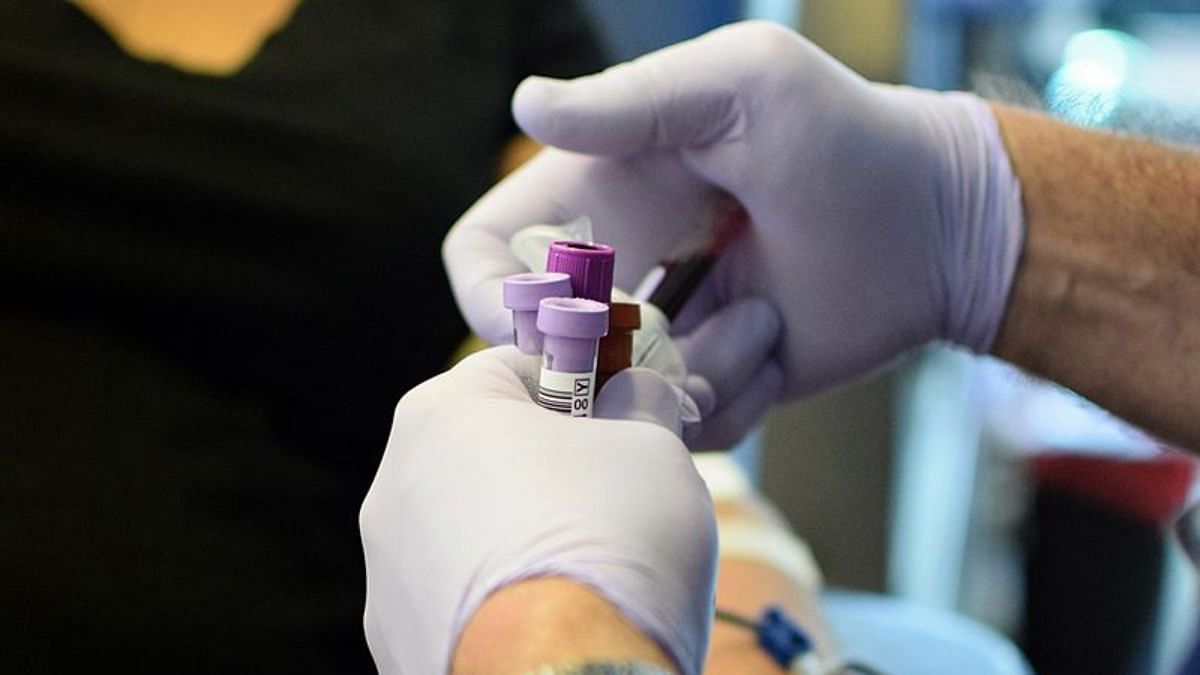With the new research, scientists now have more clues about how and why men and women might respond to diseases differently, especially during specific stages of life, such as menopause or when transgender men/women are on hormonal therapy.
This understanding will allow for better care tailored to the changing needs of individuals based on their life course.
“If we can figure out exactly what effect sex hormones are having on the functioning of our immune system, this will help us to provide more individualised therapies, specifically tailored to the immune systems of men and women, and also improve our understanding of how long-term hormone therapies (of which gender-affirming hormone therapy is just one example) and even natural fluctuations in hormone levels throughout life (caused by puberty, pregnancy, etc.) may impact immune function,” shared Petter Brodin, one of the researchers involved in the study, in an email response to ThePrint when asked about the broad implications of the research.
In the study, the researchers found that the male sex hormone (testosterone) reduces the production of virus-fighting protein while increasing the capacity to fight bacterial infections.
Also Read: Tinier arm shows scientists where early humans’ ‘Hobbit’ cousins came from — Nature study
More about the study, its implications
A team of researchers from Sweden and the UK examined the immune system profiles of 23 transgender men undergoing hormone therapy with testosterone. The clinicians collected blood samples from them before the start of their testosterone therapy and again after three months and one year to analyse immune cells and proteins in their blood.
The study included transgender men who had not previously been a part of any hormonal treatment, did not have a history of autoimmune diseases or immunodeficiencies and remained free from inflammation or infections during the study.
In the study, all participants showed higher testosterone levels and lower oestrogen levels. The researchers found that the production of a virus-fighting protein called type 1 interferon (IFN-1) and the immune responses it controls decreased among the study participants.
This change in the immune system mirrors what clinicians have observed in cisgender men who are born and identify as male and suggests an immune shift in transgender men after receiving hormonal treatment.
The study found that this change occurred because a regulator that decreases interferon production (SOCS3) increased in the study participants, while another regulator that enhances it (IRF7) decreased.
Overall, the researchers suggested that testosterone has more influence on immune response than the genetic contribution from chromosomes, particularly in fighting viral infection.
“It is important to note that our immune responses are not only regulated by the various hormones that circulate in our bodies but also the chromosomes (XX vs. XY) we are born with. Our findings from many different experimental set-ups demonstrate a role for testosterone in driving the immune response of a transman to be more similar to that of a cisgender man, despite different chromosomal contributions. We show that immune cells have receptors that allow testosterone to regulate their function, specifically affecting their response towards viral infections,” said Brodin in an e-mail statement.
Additionally, the study also found that over time, the transgender men participating in the study became more similar to cisgender men in their ability to fight bacterial infections. The researchers attributed this to increased production of the Tumor Necrosis Factor (TNF), a key player in immune responses—linked to higher levels of SLAMF7, a receptor. This increase, they said, was driven by the increased testosterone hormone.
These hormone-induced changes in the immune system observed in transgender men provide valuable insights into why men and women might have different disease risks. But, it is still not entirely clear why male hormones play this much of a role in controlling these immune differences.
On the other hand, the ability of hormonal therapy to significantly alter the immune profile through a complex network of molecular signals and interactions creates new opportunities for developing treatments and preventive strategies against a range of diseases and infections.
Muskan Bhatia is an intern with ThePrint.
(Edited by Madhurita Goswami)
Also Read: How psychedelic compound found in magic mushrooms affects brain networks — Nature study

